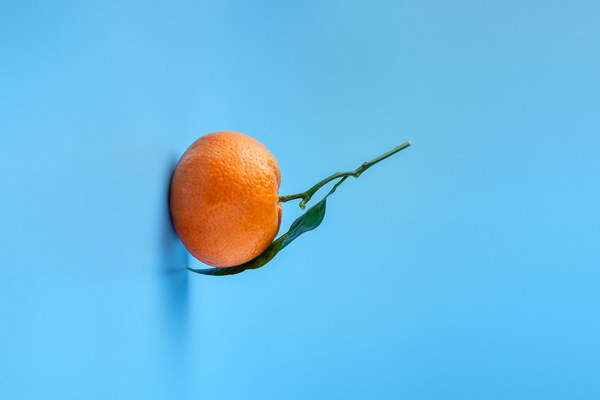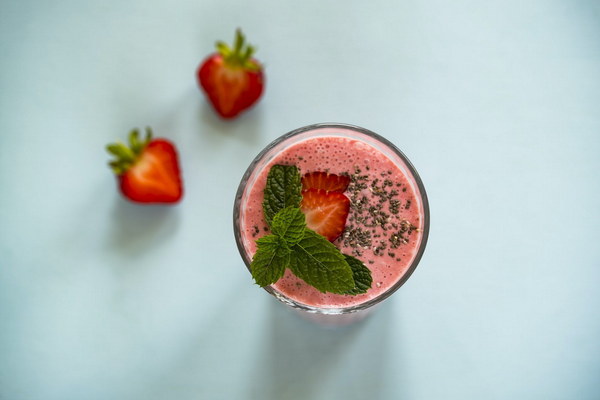The Art of Wellness Unveiling the Benefits of Tea in Traditional Chinese Medicine
The Art of Wellness: Unveiling the Benefits of Tea in Traditional Chinese Medicine
In the realm of traditional Chinese medicine (TCM), the practice of wellness is an intricate tapestry woven with the threads of balance, harmony, and natural remedies. One such remedy that has stood the test of time is the consumption of tea. Tea, in its various forms and flavors, is not just a beverage; it is a ritual, a medicine, and a symbol of health and longevity. This article delves into the world of TCM and explores the numerous benefits of incorporating tea into one's daily routine.
The Historical and Cultural Significance of Tea
The history of tea in China dates back thousands of years, with records indicating its use as early as the 27th century BC. Over time, tea has become an integral part of Chinese culture, influencing art, literature, and social customs. The famous Chinese poet Lu Yu, in his Classic of Tea (762 AD), outlined the meticulous process of brewing and drinking tea, emphasizing its importance in daily life and its role in maintaining health and well-being.
Tea as a Medicine
In TCM, tea is considered a therapeutic agent that can address various health issues. The principles of TCM are based on the concept of Yin and Yang, the belief that health is achieved through the balance of these two forces. Tea, with its diverse properties, can help restore this balance and promote overall health.
Types of Tea and Their Benefits
1. Green Tea: Known for its high content of antioxidants, green tea is believed to boost metabolism, aid in digestion, and reduce the risk of chronic diseases such as cancer and heart disease.
2. Black Tea: Rich in caffeine and other compounds, black tea can improve cognitive function, reduce stress, and enhance physical performance.
3. White Tea: With its delicate flavor and high antioxidant content, white tea is thought to have anti-aging properties and can help protect against skin damage.

4. Oolong Tea: A semi-fermented tea, oolong offers a balance between the benefits of green and black tea. It is believed to aid in weight loss, lower cholesterol, and improve digestion.
5. Pu-erh Tea: This unique tea, which is fermented and aged, is thought to have various health benefits, including reducing blood pressure, improving digestion, and aiding in weight loss.
The Ritual of Tea
In TCM, the act of drinking tea is not just about quenching thirst but about engaging in a ritual that promotes mindfulness and relaxation. The process of brewing and sipping tea allows individuals to take a moment to pause, reflect, and appreciate the moment. This mindfulness can have a profound impact on mental and emotional well-being.
Conclusion
The practice of drinking tea as part of a wellness regimen is deeply rooted in the principles of TCM. With its numerous health benefits and cultural significance, tea continues to be a cherished beverage in China and around the world. By incorporating tea into your daily routine, you can embark on a journey of wellness that promotes balance, harmony, and longevity. So, the next time you sip a cup of tea, take a moment to appreciate its rich history, diverse flavors, and the countless benefits it offers.









